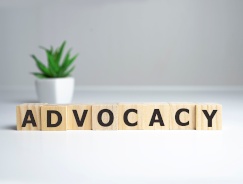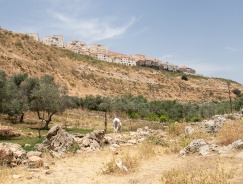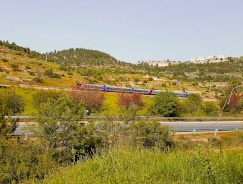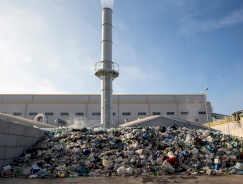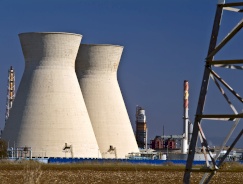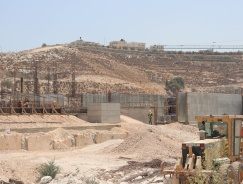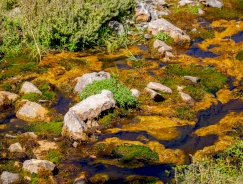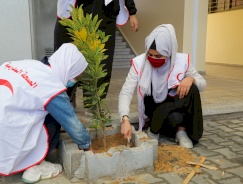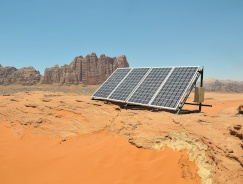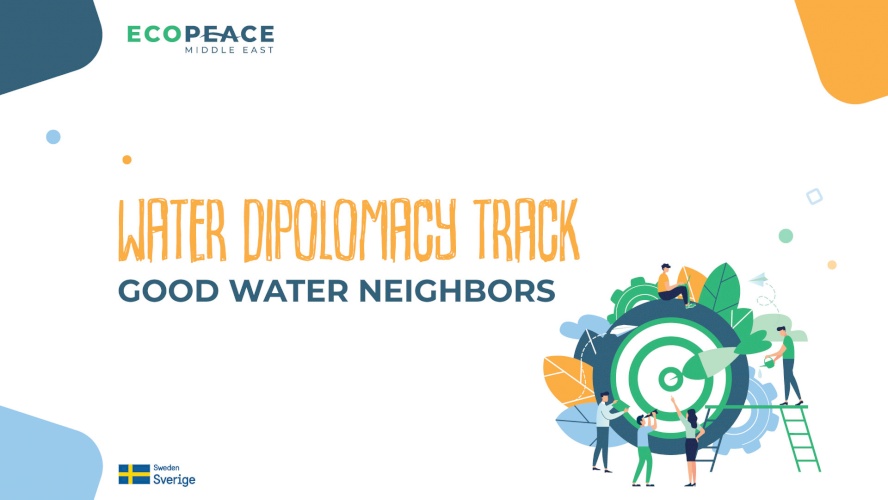Background:
The Middle East is the world’s most vulnerable region to the increased temperatures and drought resulting from climate change. Lack of regional cooperation, much due to political conflict, prevents the implementation of measures required to increase resilience to the detrimental impact of climate change on water, energy, and food security. Sustainability, and climate change resilience, is key theme of EcoPalestine / EcoPeace Middle East, The Young Water Professionals program aims to create a state of dialogue and exchange on the importance of sustainability for societies and countries. The training program builds on acknowledging the crucial role of water diplomacy in achieving regional and global sustainability, safety, and security. Tackling the complex water challenges, such as pollution, scarcity, droughts, and access to water and clean water, requires a set of “diplomatic” skills to incorporate the diverse, and often conflicting, interests of the actors involved. This training program aims to provide such skills to young professionals working in the field of water and sustainability, with the ultimate goal of forming a network of water diplomats from the Middle East region.
EcoPeace’s program of Water Diplomacy for Young Professionals, started September 2018, addresses local climate-induced challenges.
The program focuses on creating a leadership group of young professionals with knowledge on water reality, challenges, and opportunities, as well as diplomacy and negotiation skills. The program aims at educating young professionals about the interdependent nature of water resources and environmental impact and the need for cooperation to solve water and environmental issues while developing a cadre of young leaders and professionals to promote environmental and water solutions.
The program focuses on capacity-building activities for young professionals in the early stages of their careers: university students, young water professionals, young political leaders, etc., aged 21- 35, focusing on a series of advanced three national training workshops, followed by regional training.

 Advocacy Projects
Advocacy Projects Raw Sewage from Settlements into Wadi Fukin – Nahalin
Raw Sewage from Settlements into Wadi Fukin – Nahalin Industrial zone near Battir
Industrial zone near Battir Release of Olive Mill Waste to Rivers
Release of Olive Mill Waste to Rivers Mishor Adumim Waste to Energy Project
Mishor Adumim Waste to Energy Project Power Plant Near Qalqilia and Kfar Saba
Power Plant Near Qalqilia and Kfar Saba Wadi Samen Advocacy Efforts towards Industrial Waste and Waste Water
Wadi Samen Advocacy Efforts towards Industrial Waste and Waste Water Environmental pollution from slaughterhouses
Environmental pollution from slaughterhouses Youth&Young Professional Capacity Building
Youth&Young Professional Capacity Building Water and Energy Nexus
Water and Energy Nexus